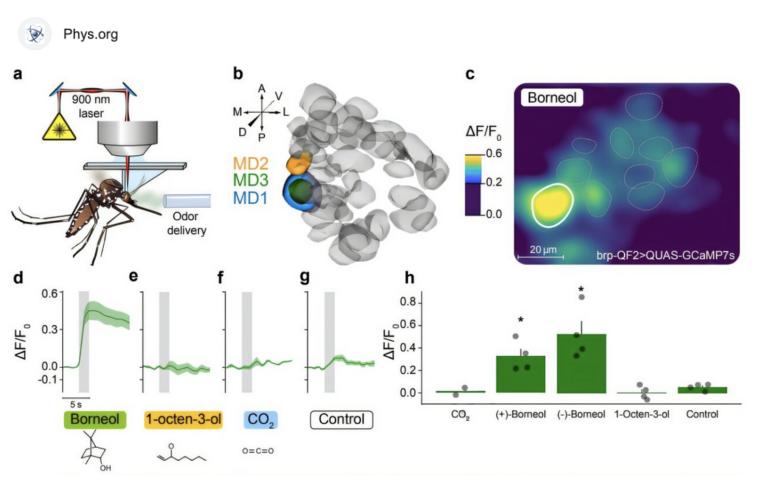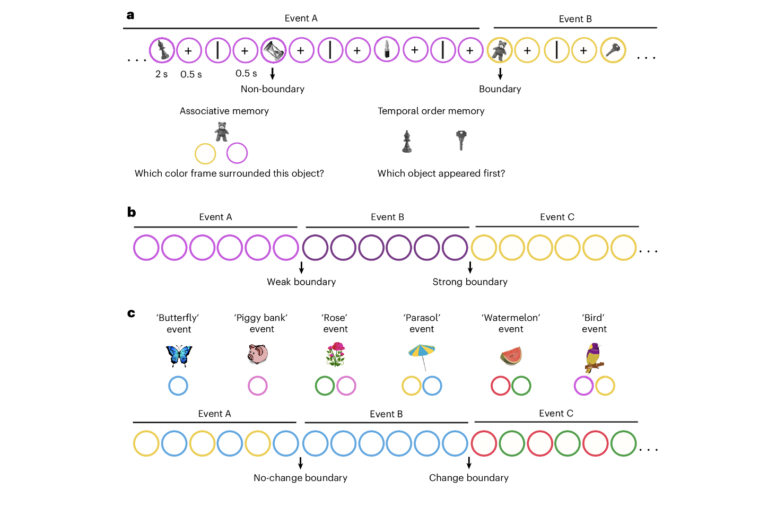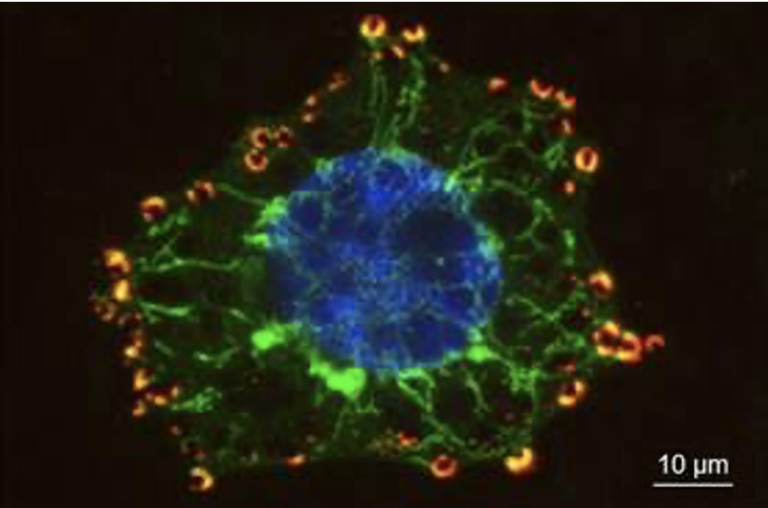Nanomédecine transformative : partenariat entre l’Université hébraïque de Jérusalem et la clinique de Cleveland

L’Université hébraïque de Jérusalem et la clinique de Cleveland ont lancé en 2015 un partenariat pour créer un centre virtuel de nanomédecine transformative. Ce centre a pour but de mettre au point de nouveaux traitements curatifs ou de prévention ainsi que de nouvelles méthodes de diagnostic pour relever les grands défis médicaux dans le domaine des maladies cardiovasculaires, neurologiques et du cancer. Ces deux institutions sont réputées dans le domaine de la santé pour leur fort pourvoir d’innovation. La clinique de Cleveland leader dans le domaine de la recherche clinique et le développement de nouvelles stratégies de traitement des patients. En Israël, l’Université hébraïque de Jérusalem, qui se positionne au 87ème rang mondial d’après le classement de Shanghai 2016, est affiliée à cinq hôpitaux et commercialise un grand nombre de ses innovations médicales et pharmaceutiques. A travers cette collaboration, une collecte de 15 millions de dollars sur une durée de 5 ans a été lancée pour rendre ce projet possible. Ce partenariat permettra la mise en commun des connaissances et des savoir‐faire et la création d’une véritable dynamique d’échanges autour des besoins des patients et des innovations permettant d’y répondre. Les voies d’innovations seront basées sur les nanosciences et les nanotechnologies.
Les nanoparticules se placent aujourd’hui comme les outils les plus prometteurs pour améliorer la délivrance ciblée des médicaments. Les médicaments peuvent être chargés au sein de nanoparticules puis libérés aux sites cibles, en évitant les effets secondaires dus à la dégradation du médicament dans d’autres zones du corps humain. Ce processus permet ainsi de créer des traitements mieux tolérés par les patients. Cette spécificité d’action permet également d’augmenter la concentration de médicament délivrée au niveau de la cible et d’aboutir à une diminution des doses et des fréquences d’administration. L’utilisation de nanoparticules aurait également des avantages dans le domaine du diagnostic puisqu’elle permettrait de diminuer le temps et les coûts d’analyse par rapport aux méthodes traditionnelles. L’Université hébraïque de Jérusalem travaille notamment sur le développement de tests facilement utilisables par les médecins, ne nécessitant ni hospitalisation, ni envoi de prélèvements à des laboratoires d’analyse extérieurs.
Source BVST – auteur: Angèle Cortial, Post-doctorante, Université Hébraïque de Jérusalem[:en]Cleveland Clinic and The Hebrew University of Jerusalem will begin a formal initiative to raise funds and develop a virtual global Center for Transformative Nanomedicine. This partnership will harness the power of nanoscience and nanotechnology with the goal of revolutionizing the delivery of new therapies and treatments worldwide.
This major new collaboration will advance research and create a dynamic exchange of knowledge, especially in the areas of cardiovascular disease, neurological disease and cancer, all of which afflict millions worldwide. In partnership, these leading institutions will blaze new paths in the emerging field of nanotechnology, using nanoparticles invisible to the naked eye to create novel drug delivery systems and unique medical technologies with lifesaving potential.
“Our two institutions will leverage resources and begin to combine our scientific knowledge,” said Prof. Menahem Ben-Sasson, President, The Hebrew University of Jerusalem. “These powerful interactions will expedite better medical treatments, more rapid, cost-effective diagnostics, and improved healthcare delivery for people the world over.”
Nanotechnology enables doctors to deliver medications to select sites, preventing drugs from degrading in the body before reaching targeted sites because the miniscule particles are protected. A potentially transformative new dimension of medicine, this remarkably precise technology allows delivery of large doses of drugs to be released at a specific site and only to that site, causing fewer side effects than many traditional treatments. Customized and carefully calibrated drug treatment offers the possibility of greater effectiveness and patient safety. In addition, nanotechnology is used to create inexpensive devices that facilitate therapy and new ways of diagnosing disease. This technology also promises to save money and time. Often, doctors can run tests in their office rather than send samples to a laboratory.
“We are honored to join with Hebrew University to advance the emerging field of nanotechnology,” said Toby Cosgrove, M.D., President and CEO of Cleveland Clinic. “The new Center for Transformative Nanomedicine will ensure development of novel therapeutics to improve longevity, enhance patient well-being, make medical care more cost-effective, and provide dynamic solutions to global health concerns.”
The Center for Transformative Nanomedicine will strive to translate scientific discoveries into practical applications that could be instrumental in preventing, diagnosing and treating illness. Cleveland Clinic and The Hebrew University of Jerusalem are renowned for propelling innovation in the field of medicine. Cleveland Clinic is a leader nationally and internationally in laboratory-based, translational and clinical research, as well as exceptional patient care.
The Hebrew University of Jerusalem is Israel’s top-ranked university and among the top 100 worldwide, achieving success in biotechnology, nanotechnology, molecular modeling and drug development. In Israel, Hebrew University is affiliated with five hospitals and commercializes many of its medical and pharmaceutical innovations. By establishing the Center for Transformative Medicine, these notable institutions combine their respective strengths and interdisciplinary capabilities to advance medical knowledge and improve patient care for future generations.
The two leading institutions announced a five-year commitment to raising $15 million-plus in first-stage funding to establish the virtual center, which will foster interdisciplinary research at the Hebrew University’s Faculty of Medicine and School of Pharmacy, its Faculty of Science and the Harvey M. Krueger Family Center for Nanoscience and Nanotechnology, in combination with Cleveland Clinic’s Department of Biomedical Engineering, part of Cleveland Clinic’s Lerner Research Institute.
“The Hebrew University’s Harvey M. Krueger Center for Nanoscience and Nanotechnology and the Institute for Drug Research at the School of Pharmacy in the Faculty of Medicine have the sophisticated facilities, research infrastructure and scientific expertise to complement Cleveland Clinic’s efforts in many aspects of medicine,” said Prof. Isaiah (Shy) Arkin, Hebrew University Vice President of Research and Development. “Likewise, Cleveland Clinic is known for its advanced methods of exploring, testing and applying new technologies in a clinical setting. Each institution has a successful track record in commercializing technology.”
Joint fundraising efforts through the current Cleveland Clinic “The Power of Every One” campaign and American Friends of The Hebrew University (AFHU), a national nonprofit organization that raises support for Hebrew University in the U.S., will be conducted to develop this pioneering center. The center will have an administrative director position and scientific advisory board and offer training and educational opportunities; a consortium to pursue drug delivery applications; and a research conference in 2016/2017, through which investigators can seek collaborators to develop joint projects and proposals in translational research and engage in efforts to find appropriate external funding to support the consortium. Collaborative research proposals will be developed, based on the work of combined teams of investigators.
D. Geoffrey Vince, Ph.D., chair of Biomedical Engineering at Cleveland Clinic’s Lerner Research Institute, and Prof. Simon Benita, former Head of the Institute for Drug Research and the School of Pharmacy at Hebrew University’s Faculty of Medicine, will lead the efforts to develop the global Center for Transformative Nanomedicine.[:]







